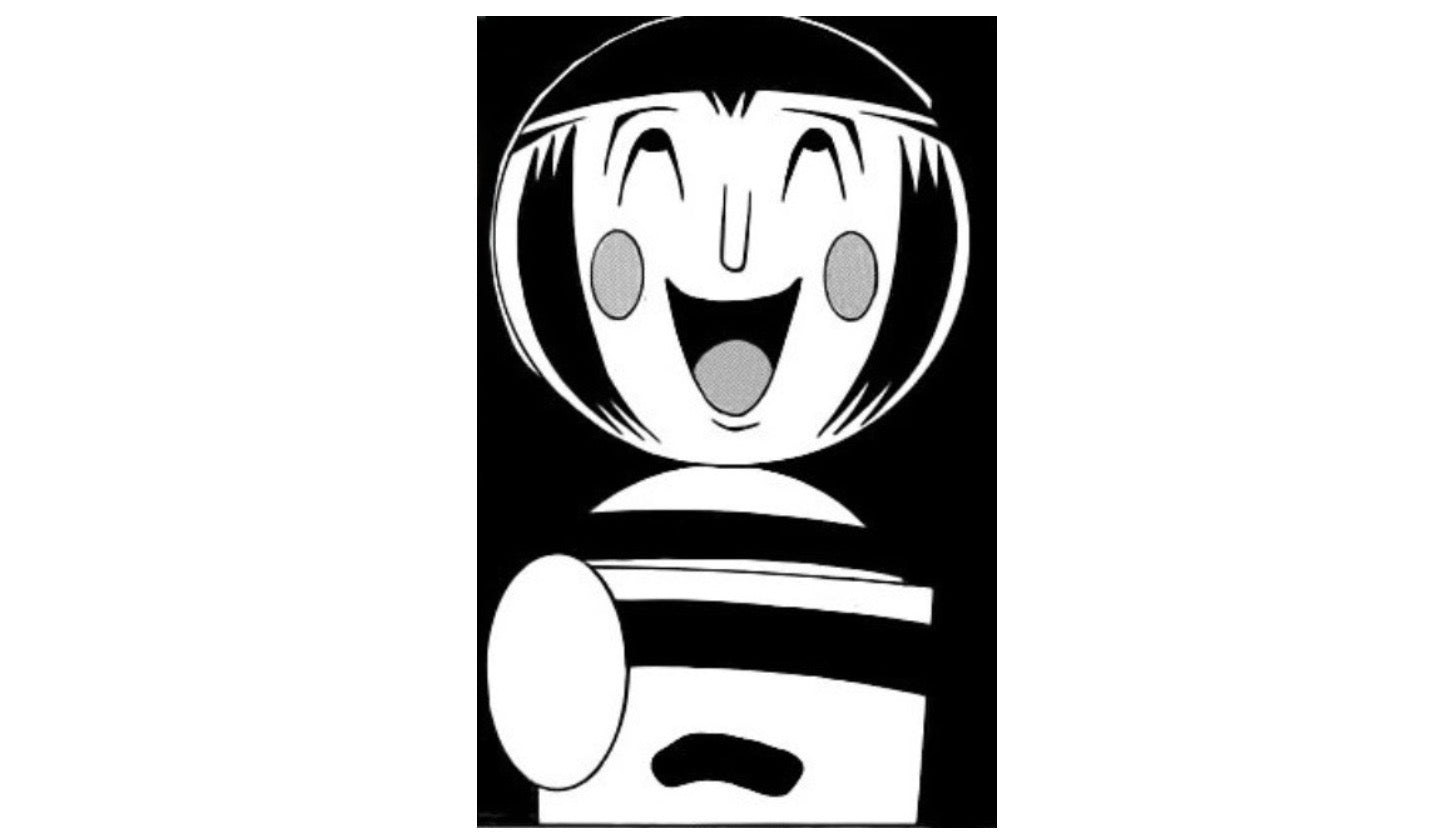
Kokeshi: What Precipitates the Evolution of a Cultural Art Form
The evolution of an art form is precipitated by a complex interplay of factors, cultural shifts, social changes, and the emergence of new ideas and artistic voices; all of which lead to experimenta...
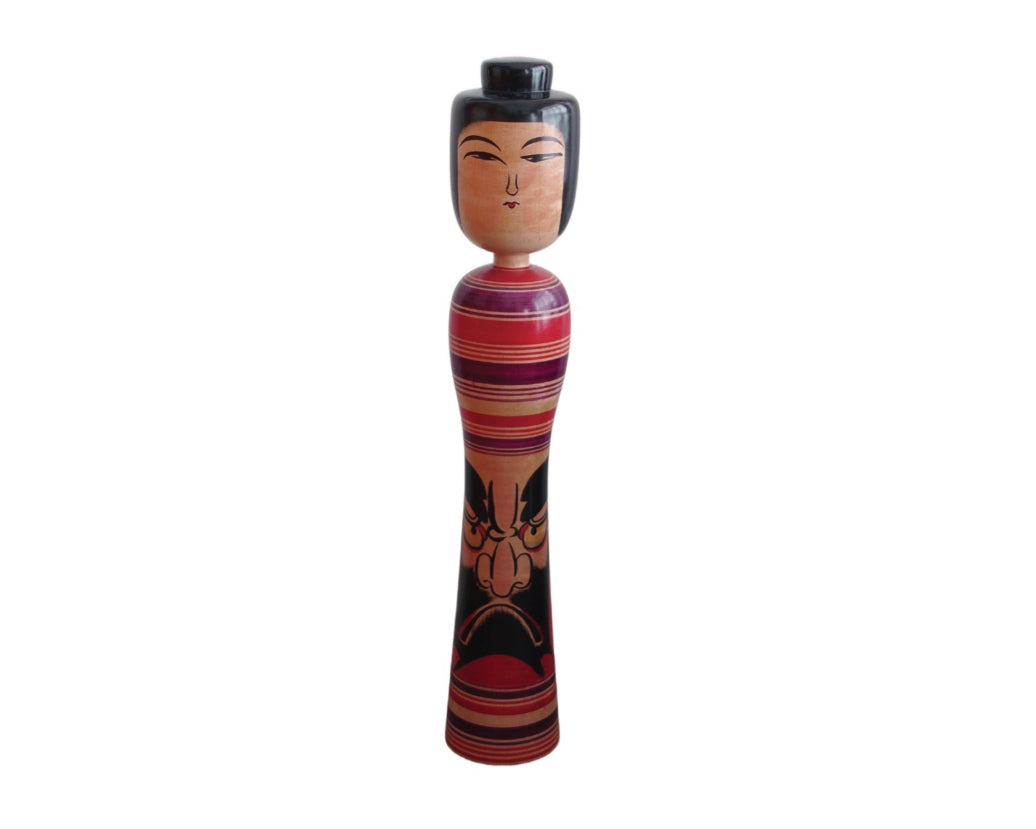
Giving back Kokeshi beauty and dignity
Kokeshi conservators are so critically important because they preserve artistic works for future generations, particularly since very little has been compiled on the subject. They work to ensure th...
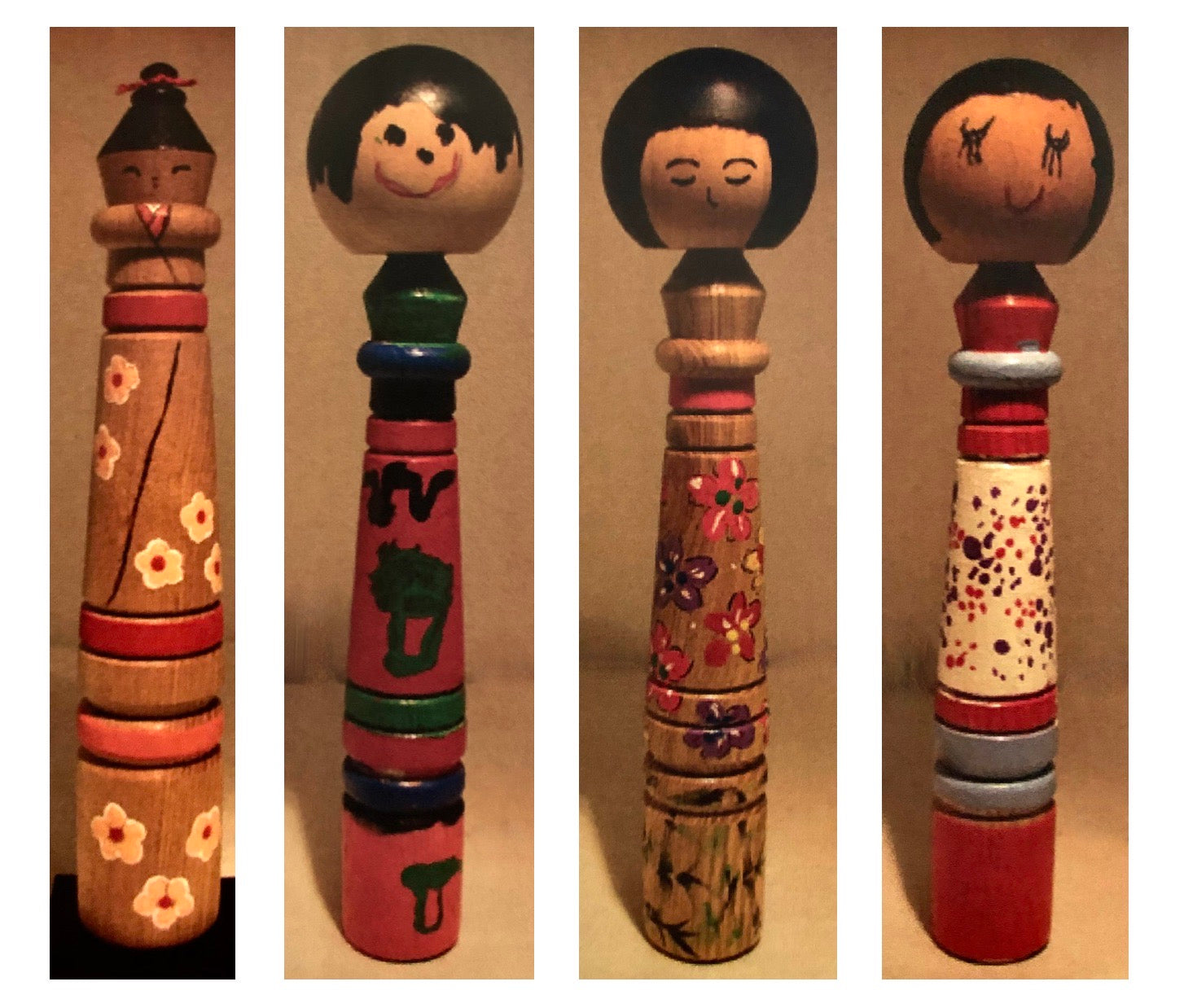
Kokeshi: Tsubame No Gakko | Filling the Void with Inspiration
We wanted to share a wonderful educational experience and exchange with the Fresno Betsuin Buddhist Temple School in Fresno California that enriched our professional lives. As noted by the Director...

The Japanese Woodcarver / The Soul of Kokeshi
As opposed to the painted and decorated Sosaku Kokeshi, this article will focus on the relief-carved Kokeshi that emphasizes the natural qualities of the wood employed. In Japan, nature, religion, ...
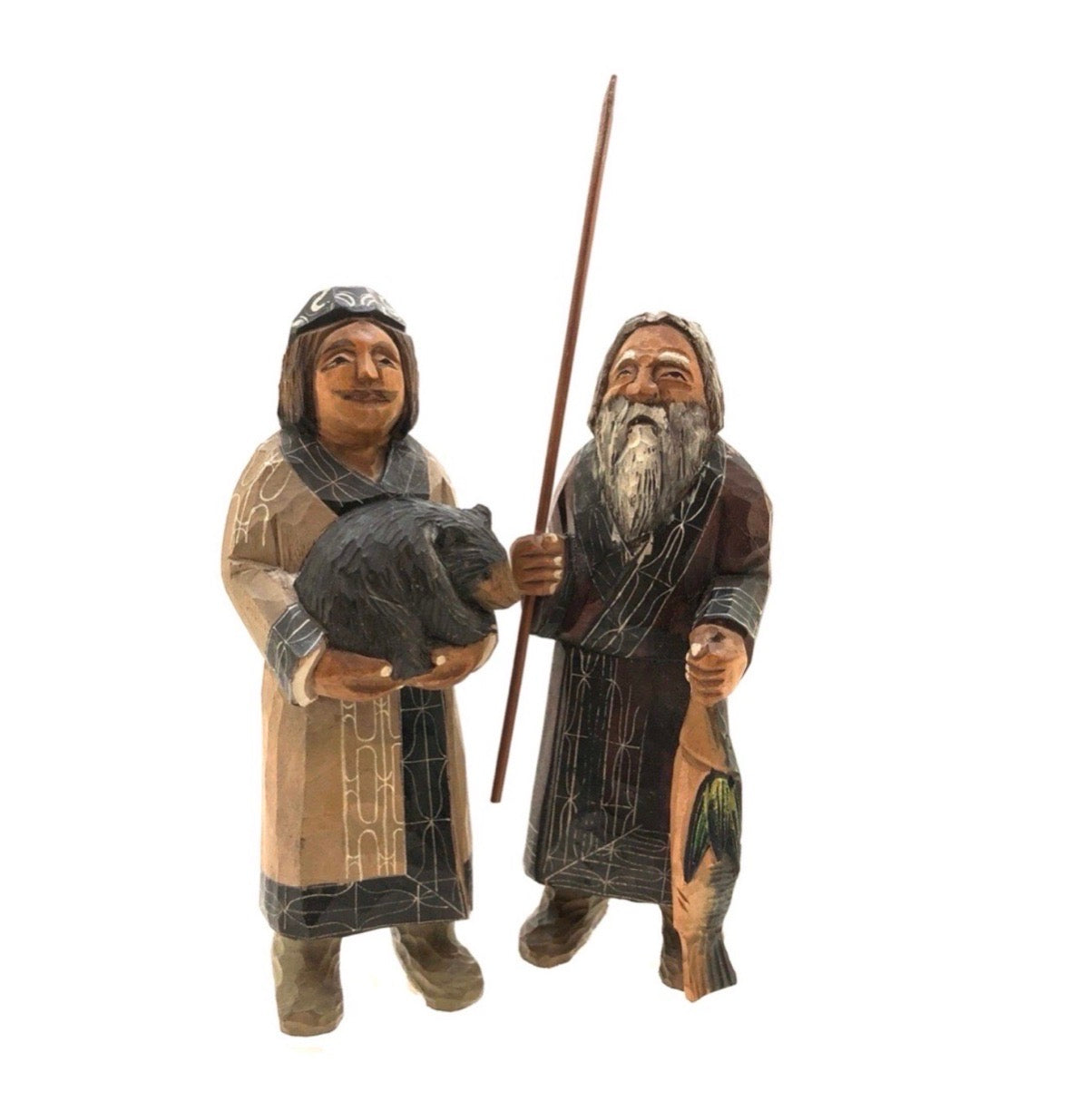
The AINU are inhabitants of northern Japan, which has populated not only the main island of Honshu for centuries but also many islands off the coast of Russia and China. As a people, they were vast...
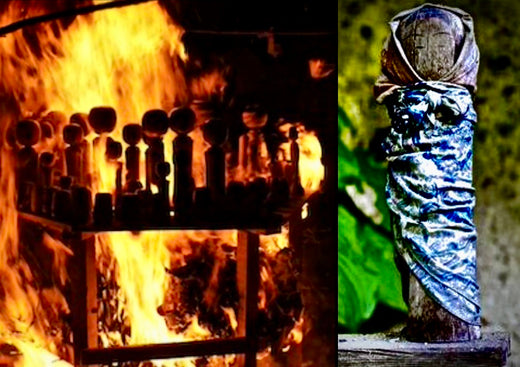
Introduction — “The following essay is meant to help non-Japanese people gain a better understanding of the purpose of the belief system associated with the practice of ceremonious burning in Japan...
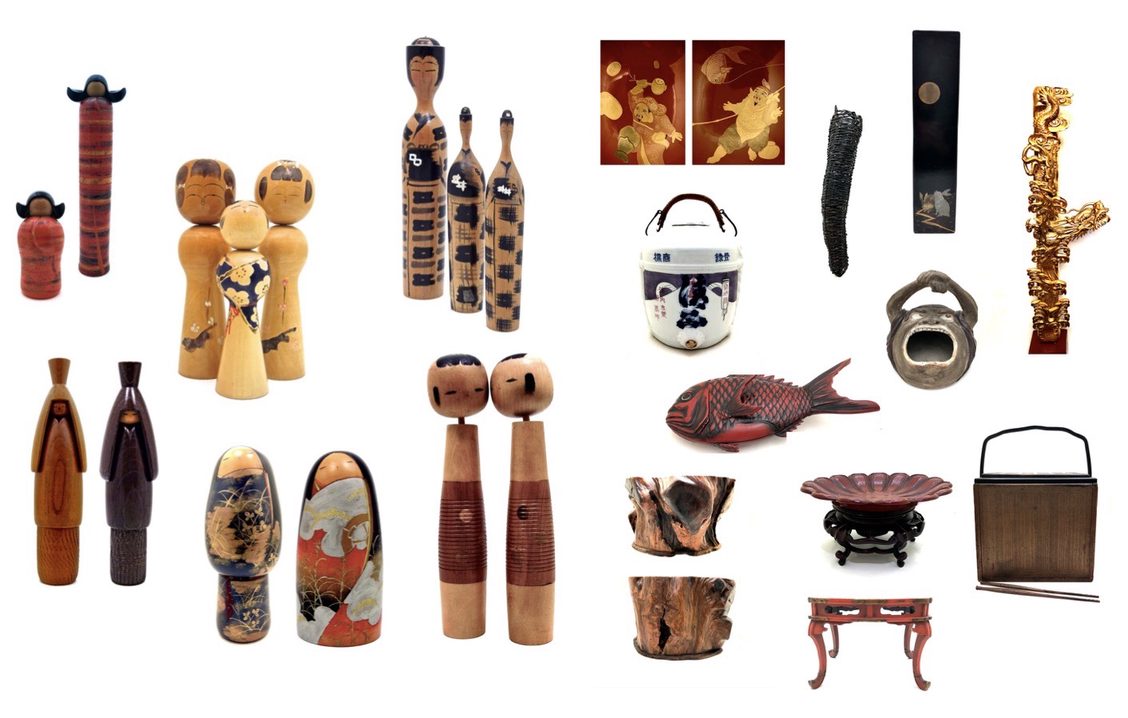
Folk Art can do more than brighten one’s life. The market has become one of the hottest investment crazes in recent years. Collectors frequently buy pieces to add interest to their living environm...
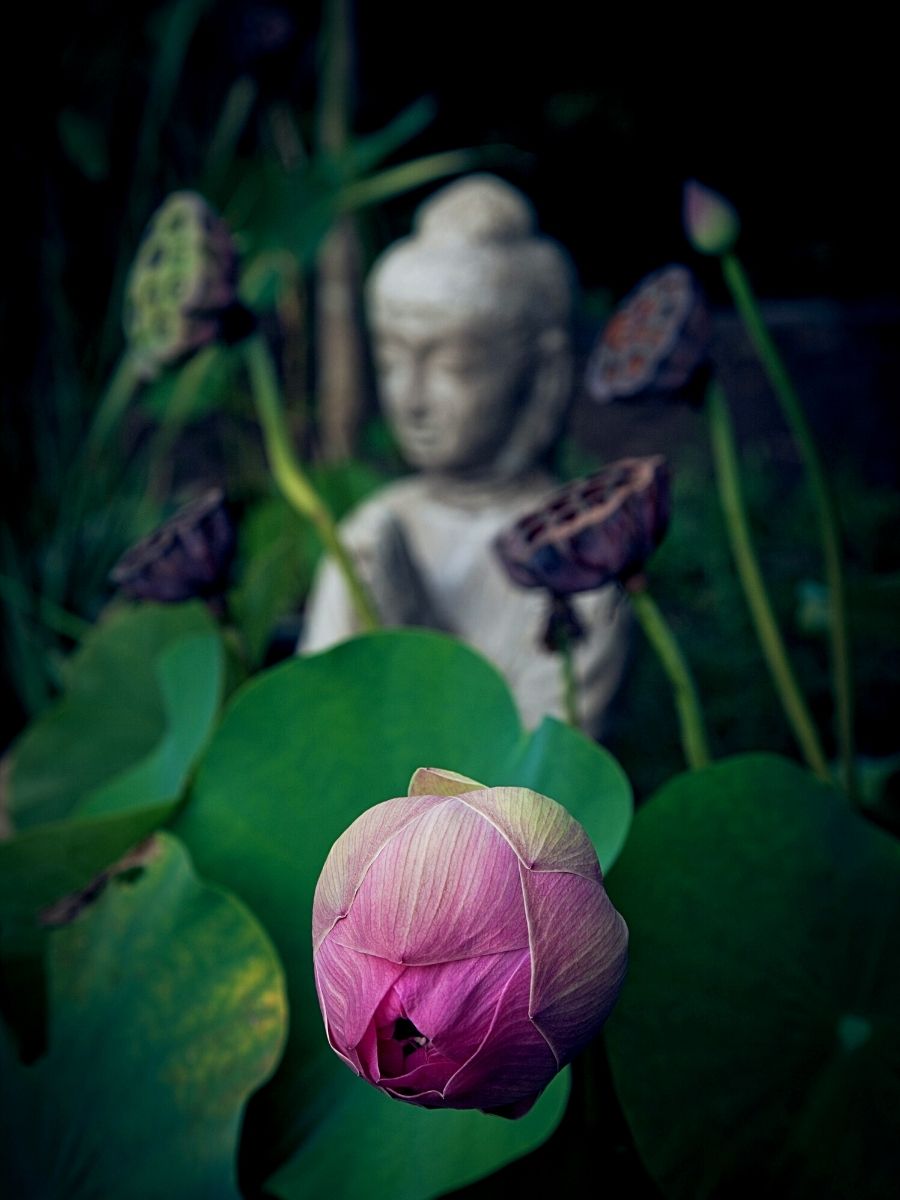
If you are interested in Japanese culture and its relationship to Kimono patterns and Kokeshi motif, discover that the prominent motif is predominantly flower, plant and tree inspired since the lat...
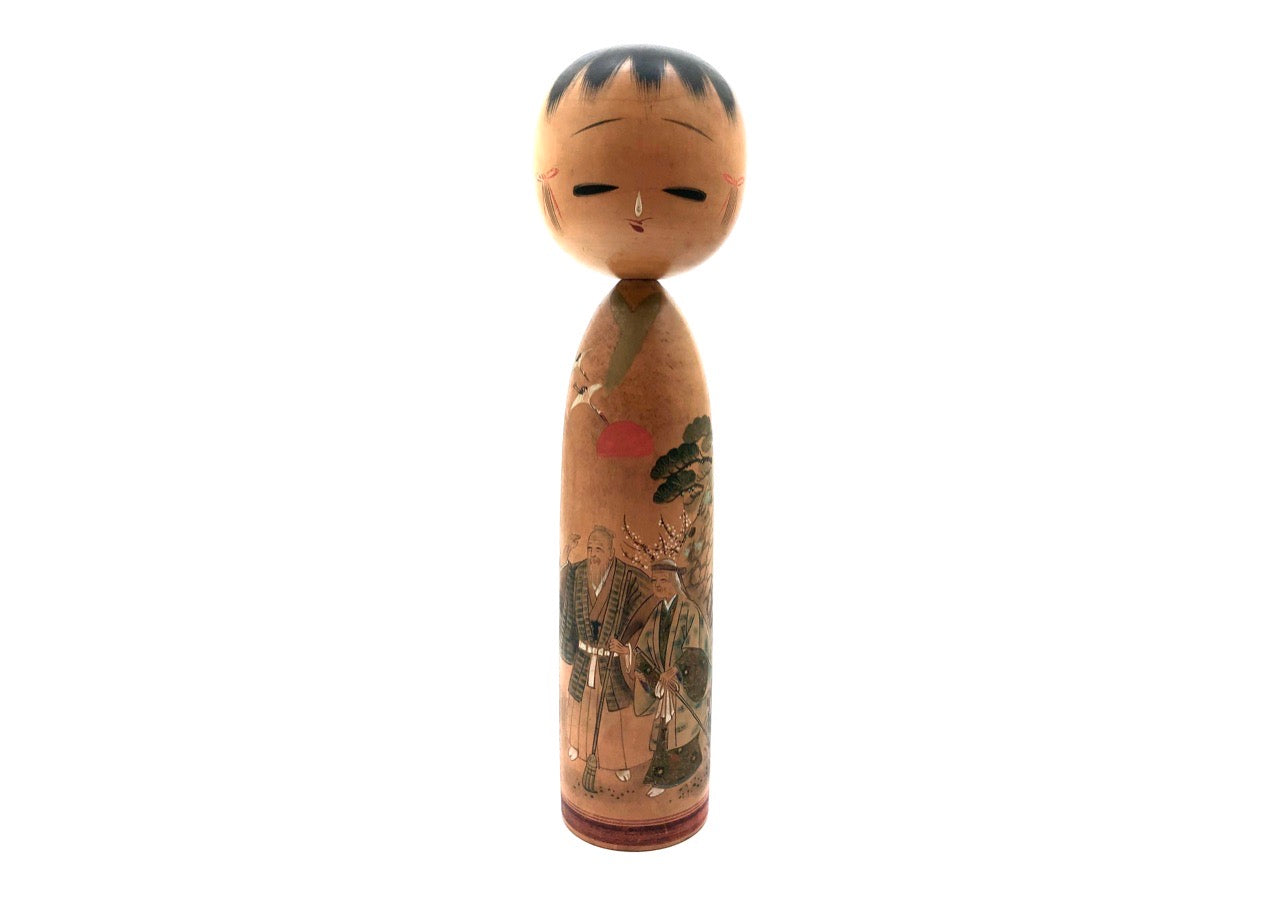
Japanese Shinto and Buddhist wedding traditions have evolved significantly and focus not only on a less important meaning of the joining of families but also on a wider circle of friends and sharin...
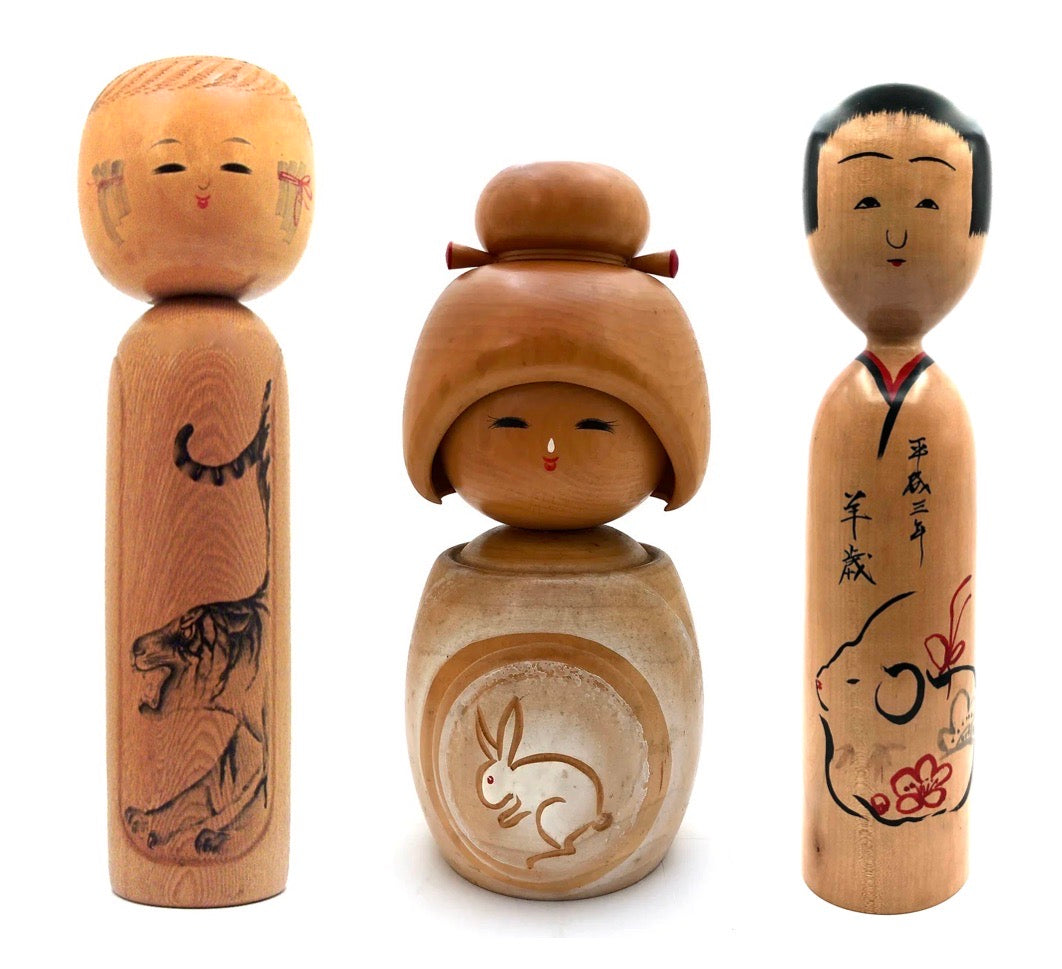
Zodiac Animals in Japanese Folklore: Kokeshi and Wood Carvings
Chinese Buddhist monks introduced the Zodiac to Japan in the 600s. Ancient astronomers divided the course Jupiter takes through the sky into twelve sections, assigning one of the characters of the ...
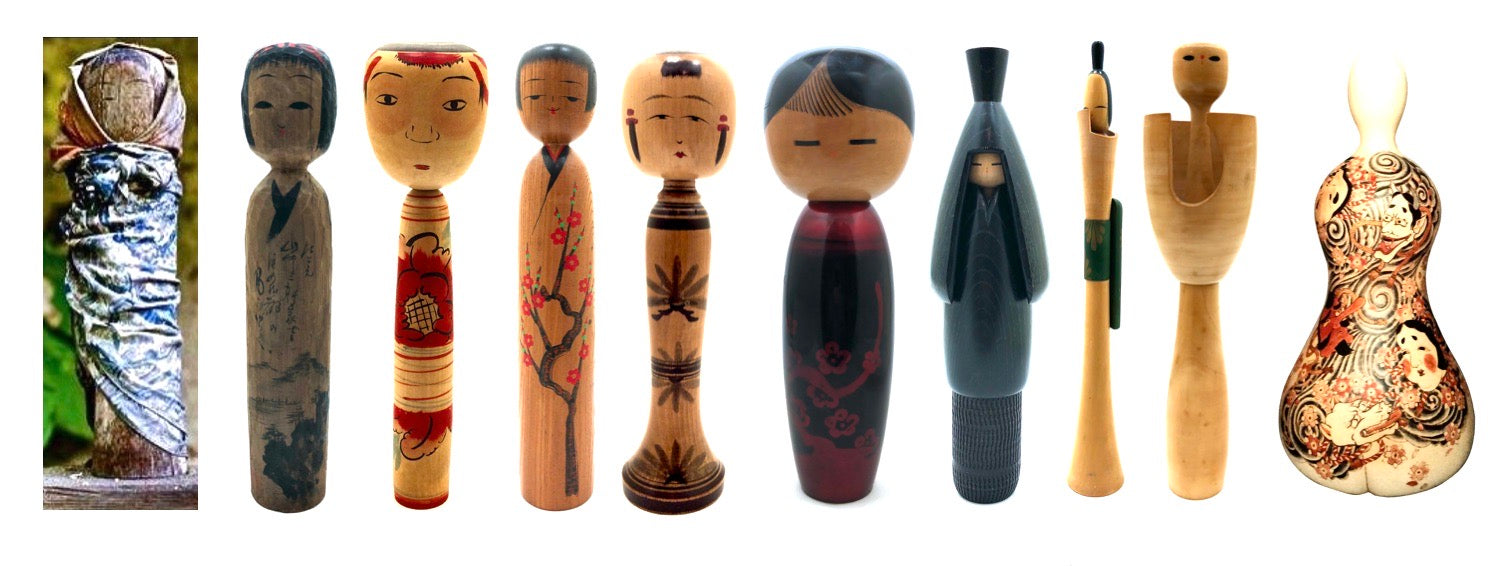
JAPANESE KOKESHI: An Evolving Work of Art
Traditional and Sosaku Kokeshi have been an icons primarily from the northern regions of Japan for centuries. Note: that the Master Craftspersons (1950s-1980s) are either deceased or at an age wher...
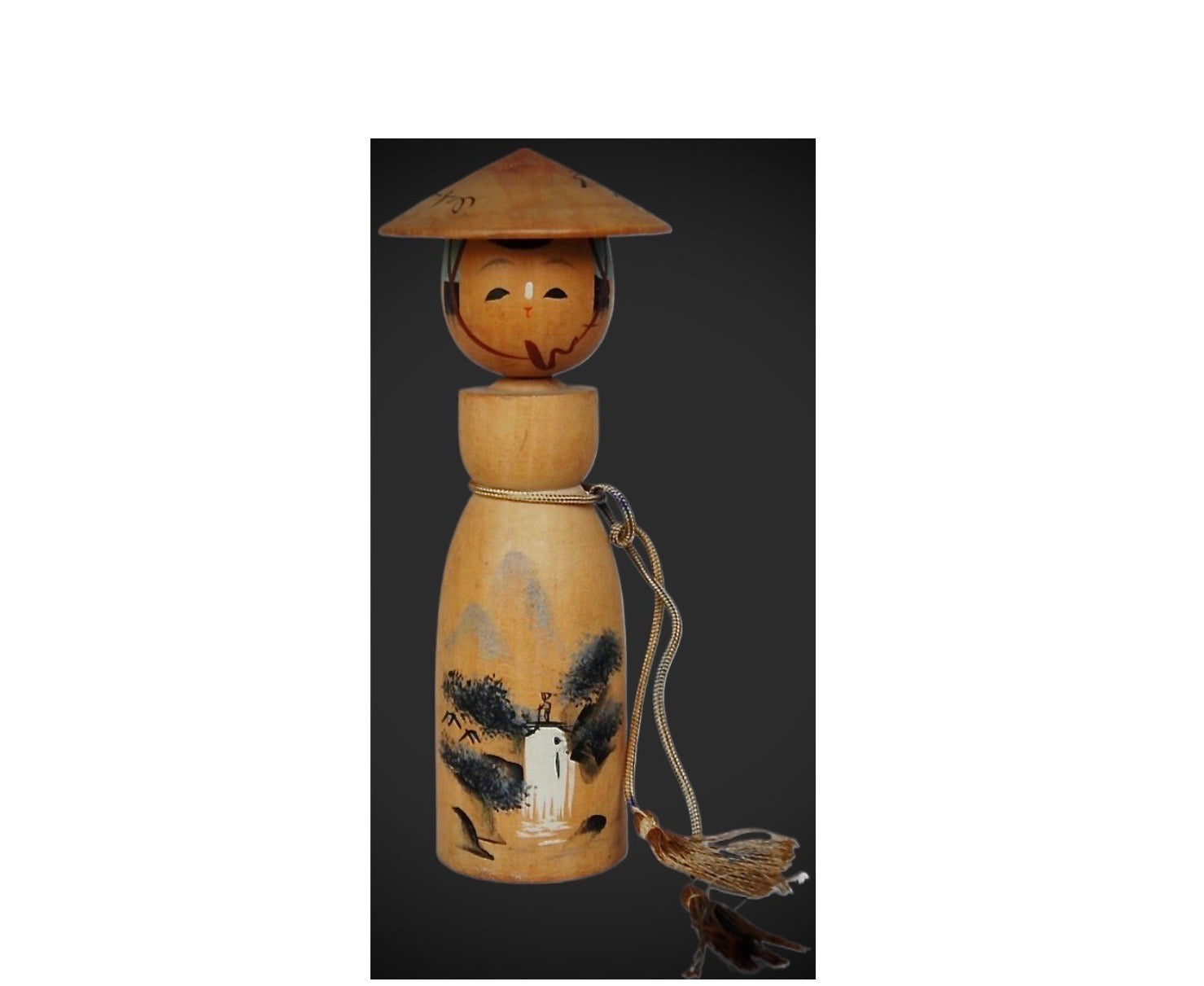
The Story Behind the Byakkotai Doll
The Byakkotai (White Tiger Brigade) was a military unit primarily made up of approximately 300 boys aged 15–17. The boys were the sons of the Aizu clan Daimyo, Lord Katamori, involved in the Boshin...
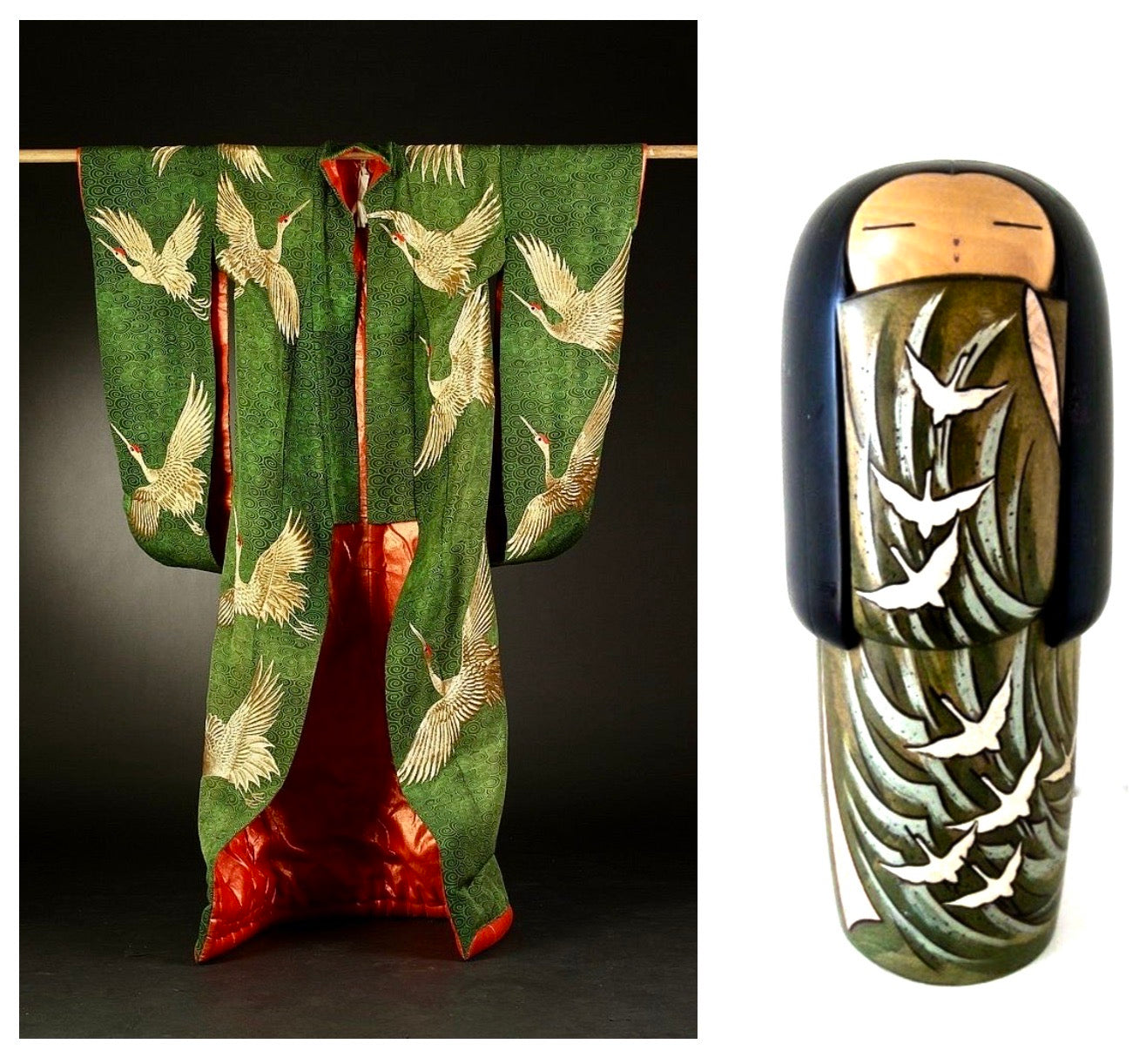
A Creditable Artistic Exchange
Kokeshi woodcraft and fashion have a positive long-standing relationship since Kokeshi was first introduced to the Japanese travelers and utilized motifs still used today. Intrigued with new forms,...
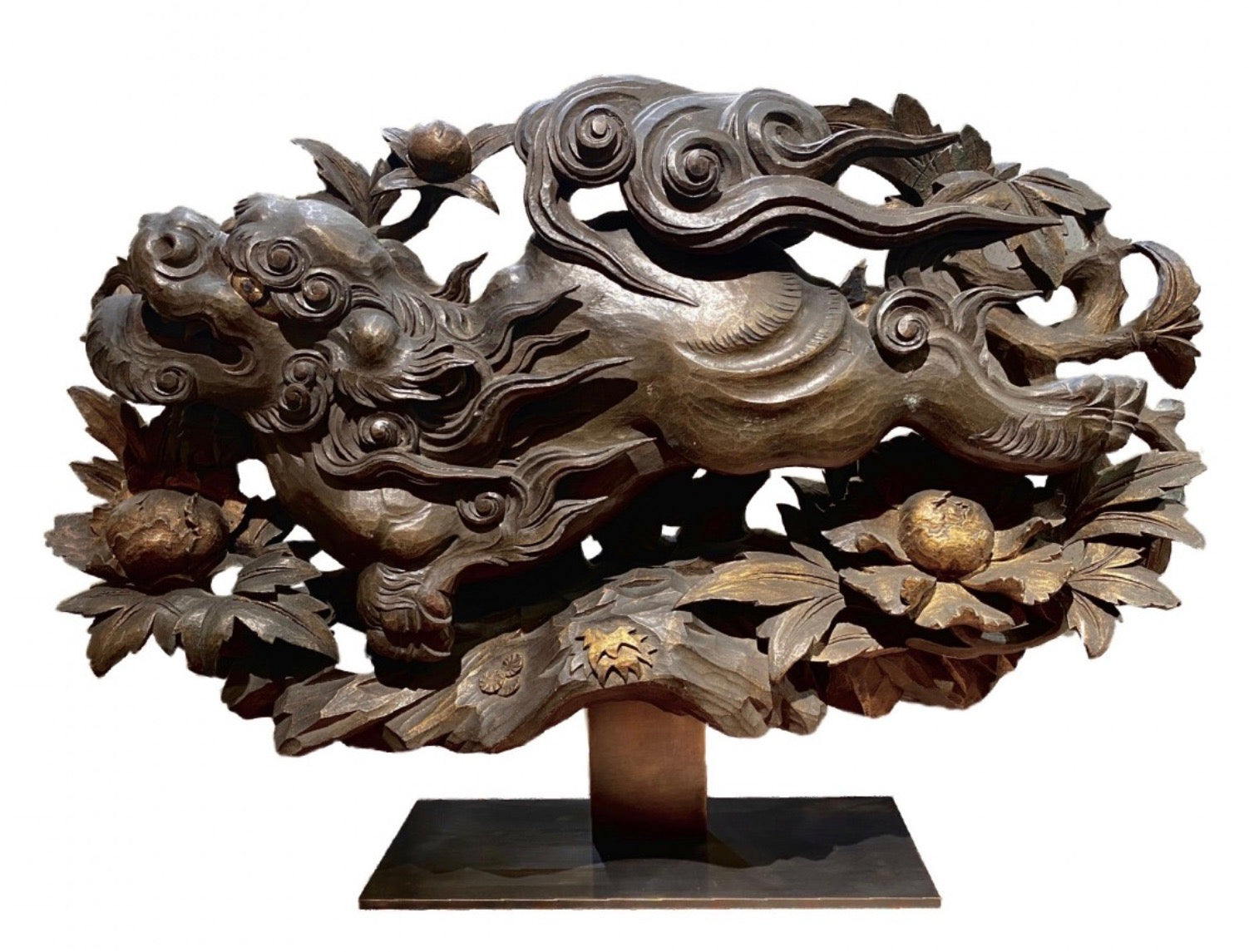
ASIA: A WORLD OF USEFUL BEAUTY
The art of wood carving was passed down through many generations in countless towns and villages throughout Asia. The talent pool of skilled woodworkers who invest in undertaking the lengthy, pains...
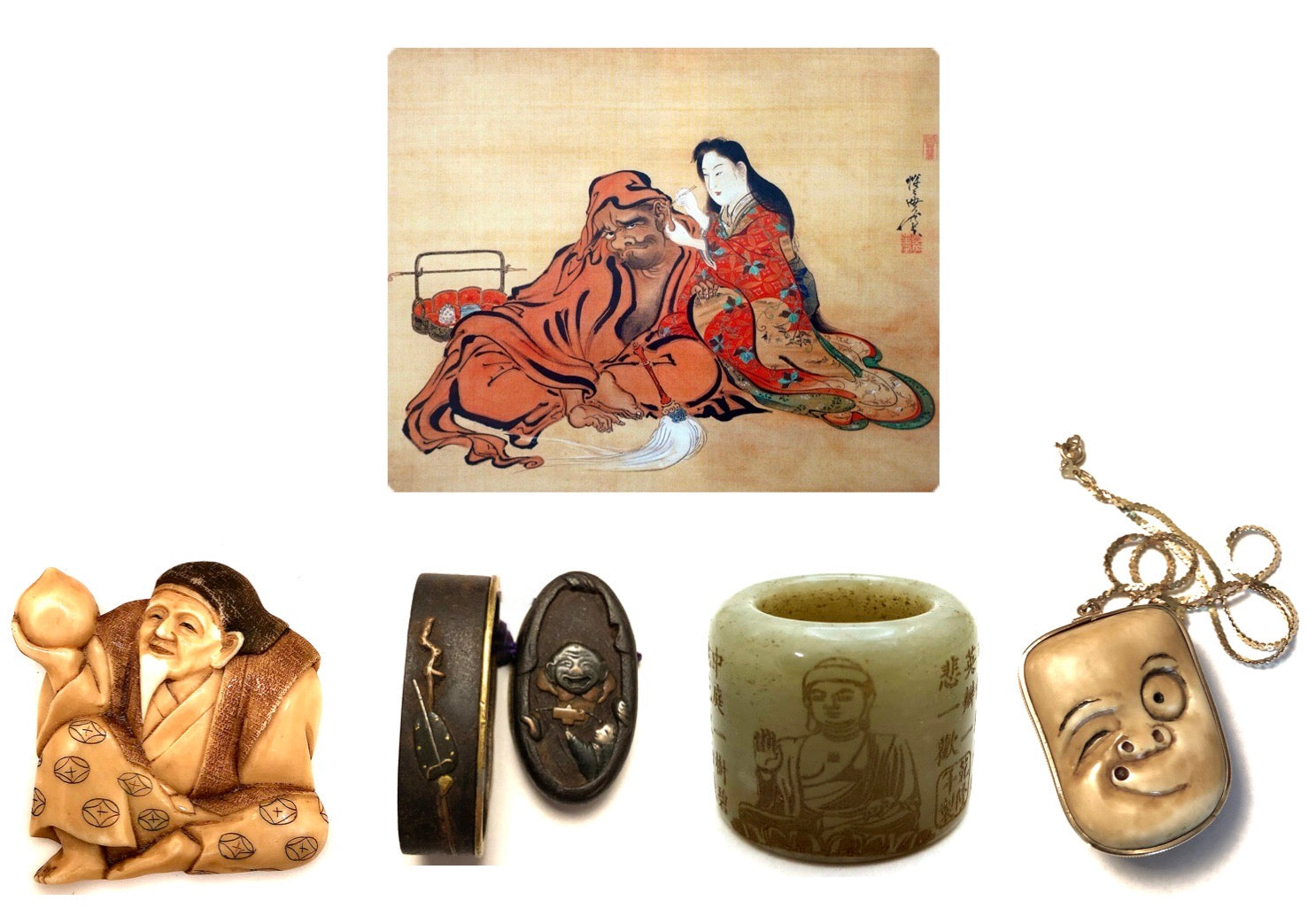
“Preserving cultural history and outstanding Japanese craftsmanship” Prior to the 18th century, most of the jewelry at the beginning of the Japanese fashion was focused on Kimono and Haori, (the tr...
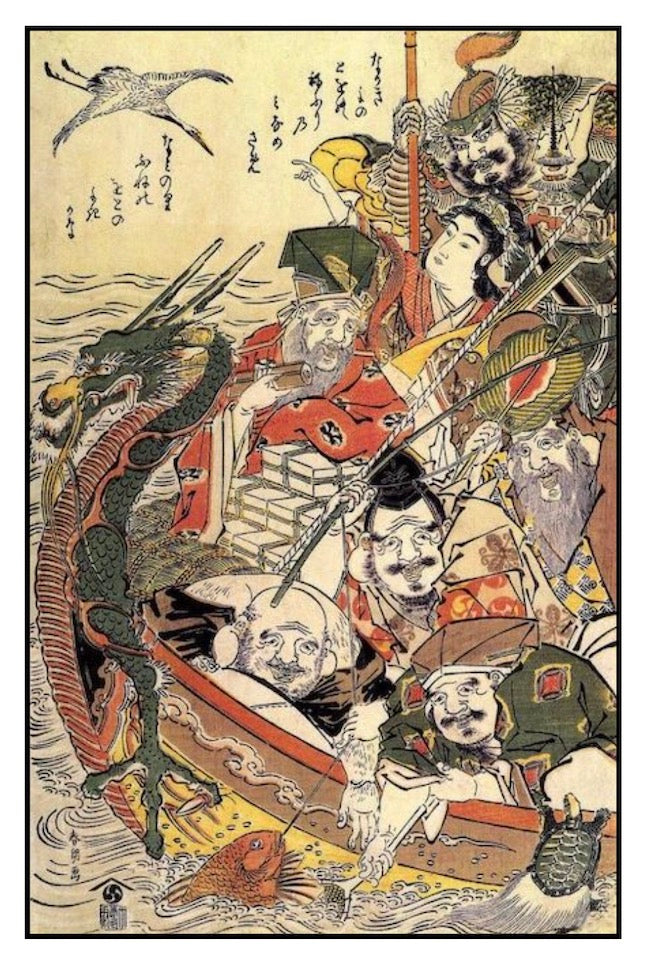
Seven Lucky Gods ‘Shichifukujin’ on their New Years Treasure Ship
Japan’s Seven Lucky Gods or Seven Gods of Good Fortune, ‘Shichifukujin’, appear as a collection of good-natured and helpful deities. Although worshiped individually in the Japanese tradition, they ...
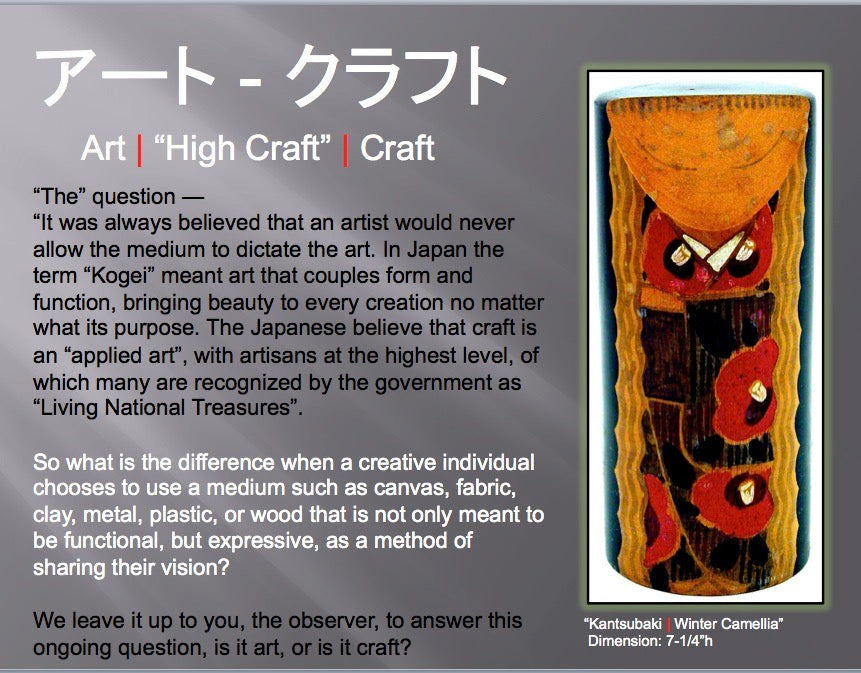
In Japan the term "Kogie" meant art that couples form and function, bringing beauty to every creation no matter what its purpose. In this blog we're showcasing the evolution of the various categori...
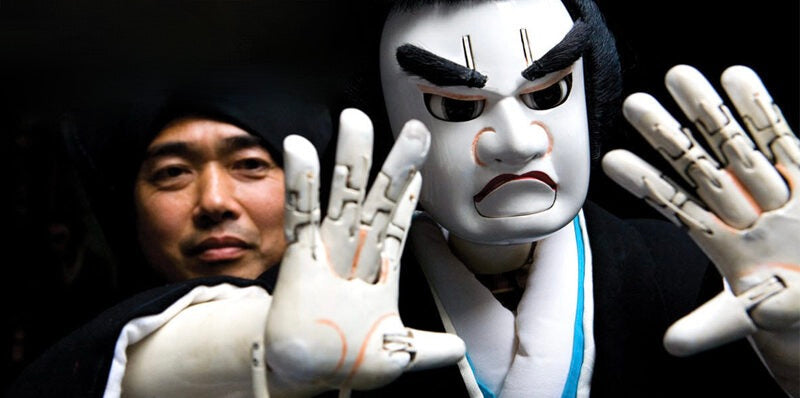
The Role Played by Ukiyo-e Through Delightful Omocha-e Woodblock Prints in Education of Children
The Edo period saw educational opportunities for aristocratic and samurai families, as well as in later periods for the children of merchants, artisans, and farmers in theatre, private institutions...
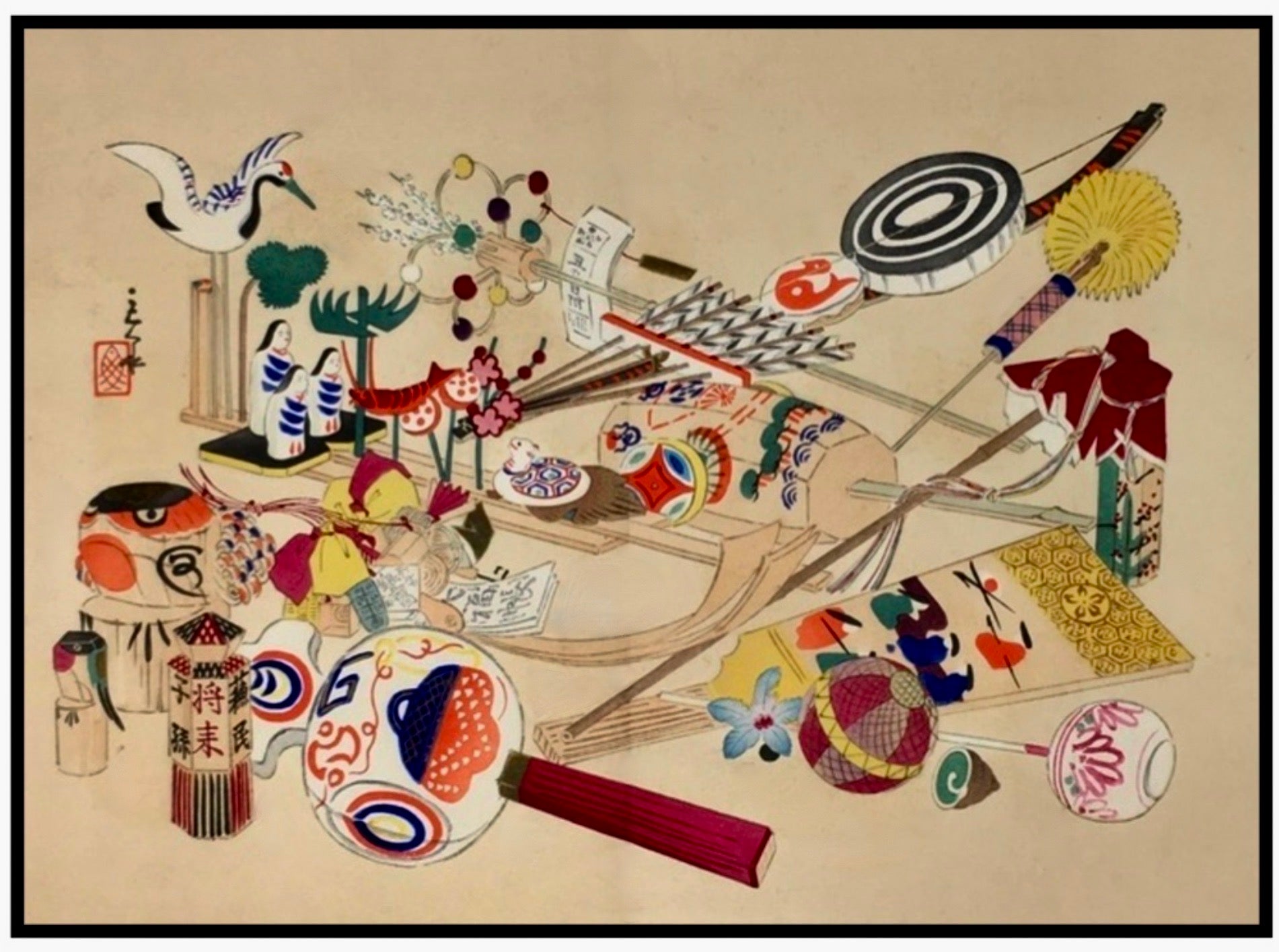
Vanishing Japanese Toys Immortalized in the Woodblock Print
The little known genre of Japanese wood and paper toys has been depicted in twentieth century Japanese prints, which substantiates their importance to the world of adults and children of the period.
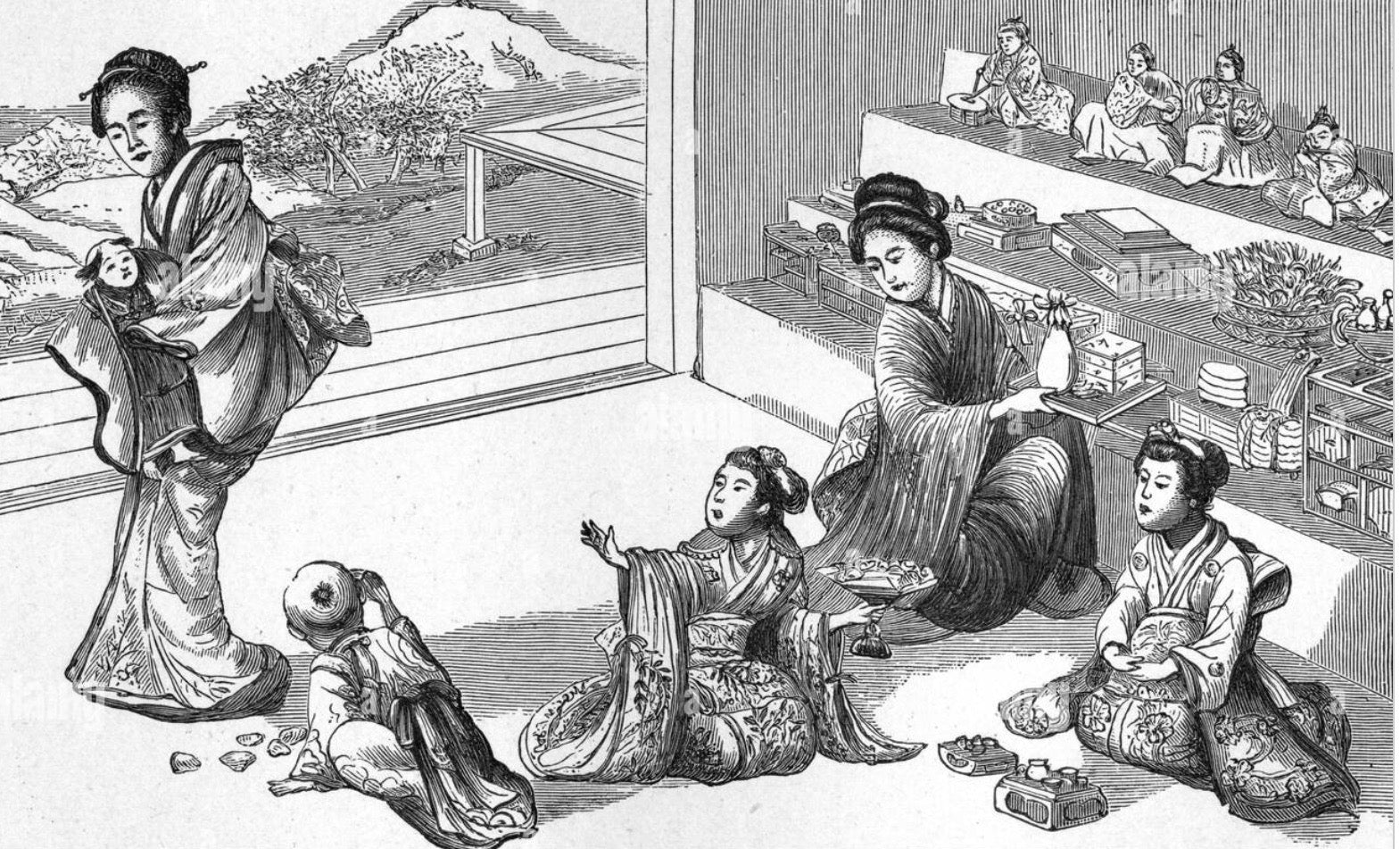
Kidults and the Japanese Antique / Vintage Toys
Kidults, (young adults who are now seeing the value in collecting vintage toys), belong to an emerging group of collectors who have been aggressively buying toys and collectibles for which they ha...
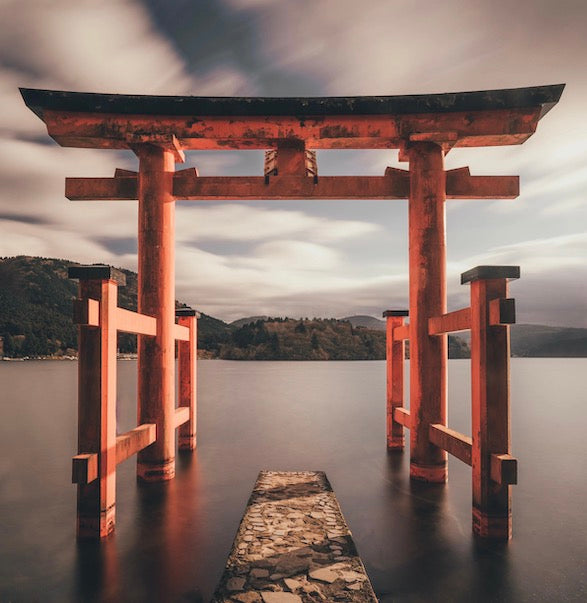
The Kojiki (A Record of Ancient Matters) is not only a written document but celebrates the 'Age of the Gods' when the Japanese people formulated the believe that the Japanese paradise was created, ...
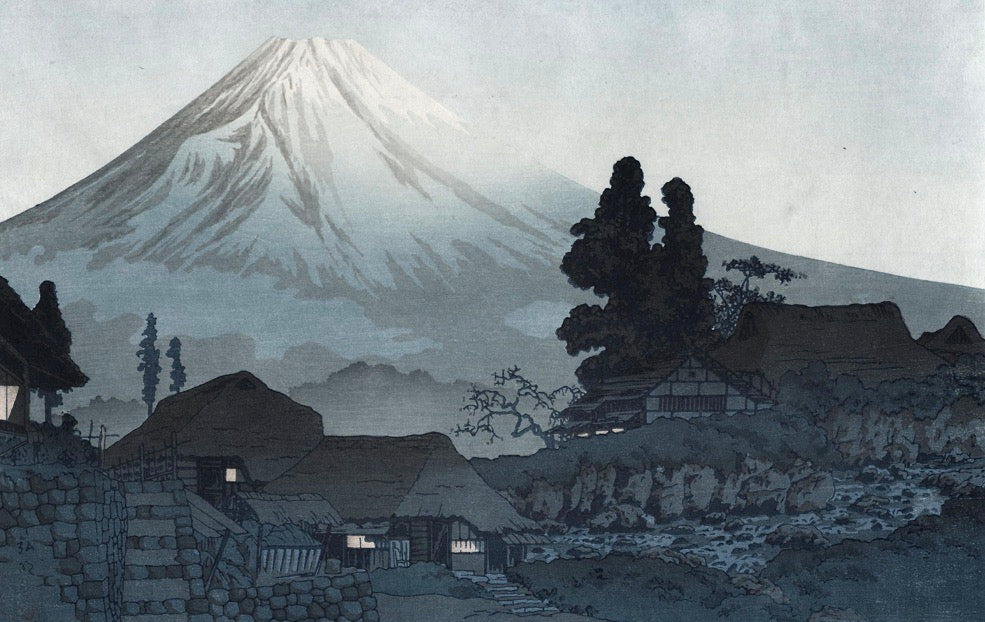
The Immortal Mountain and the Lake of the Lute | Fuji Yama and Biwa-ko
Of all the beautiful objects in “the land of the holy gods,” as the Japanese call their country, none are more beautiful than Fuji Mountain and Lake Biwa. This beautiful sacred mountain is a gracef...
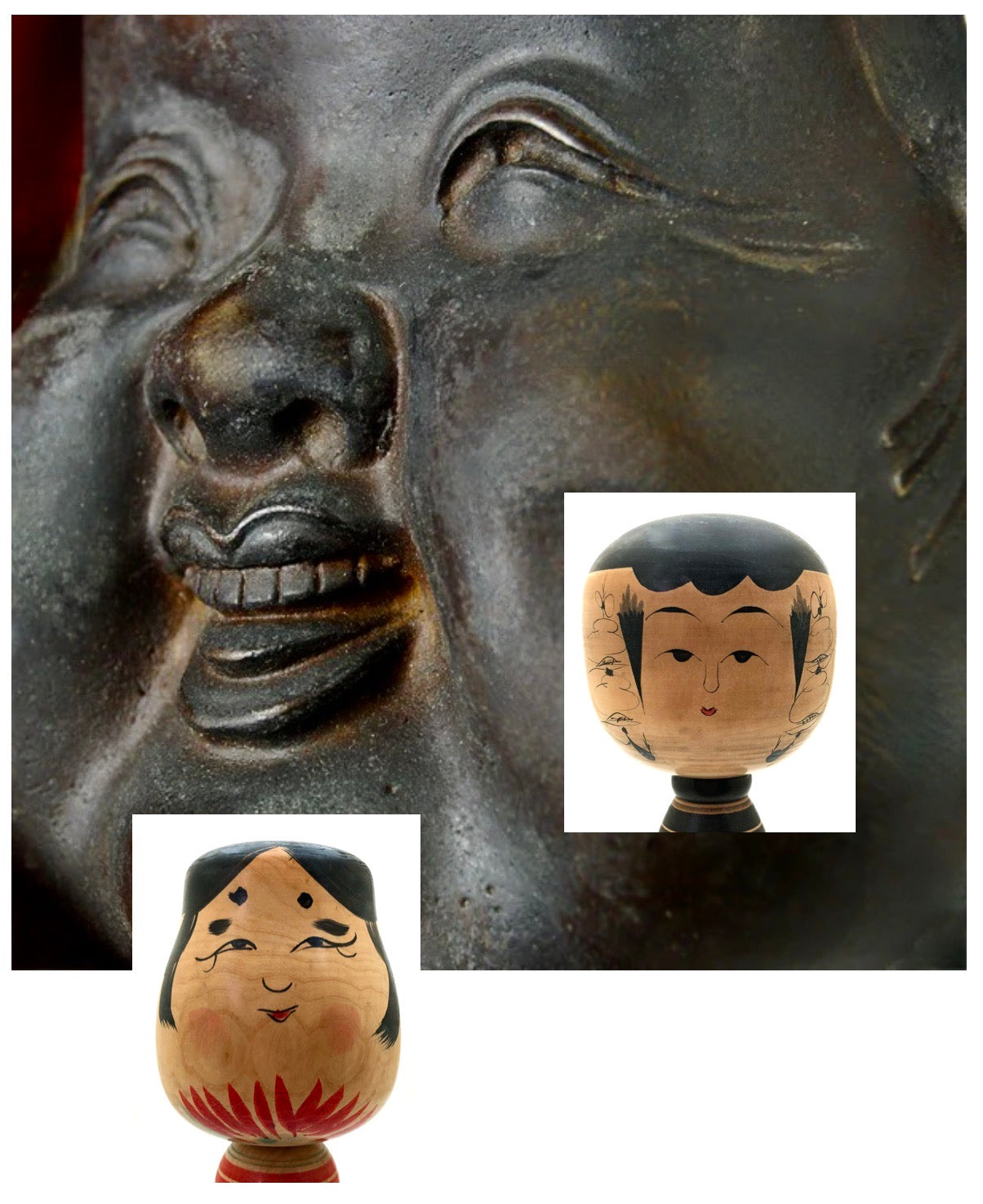
Vintage Japanese Spiritually Inspired Kokeshi and Figures | “Creating Images to Nourish Thought”
Wooden lathe-turned Shinto, Buddhism and Zen Buddhist Kokeshi are treasured and revered because their sacred religious optimism through emphasized simplicity and the importance of the natural world...
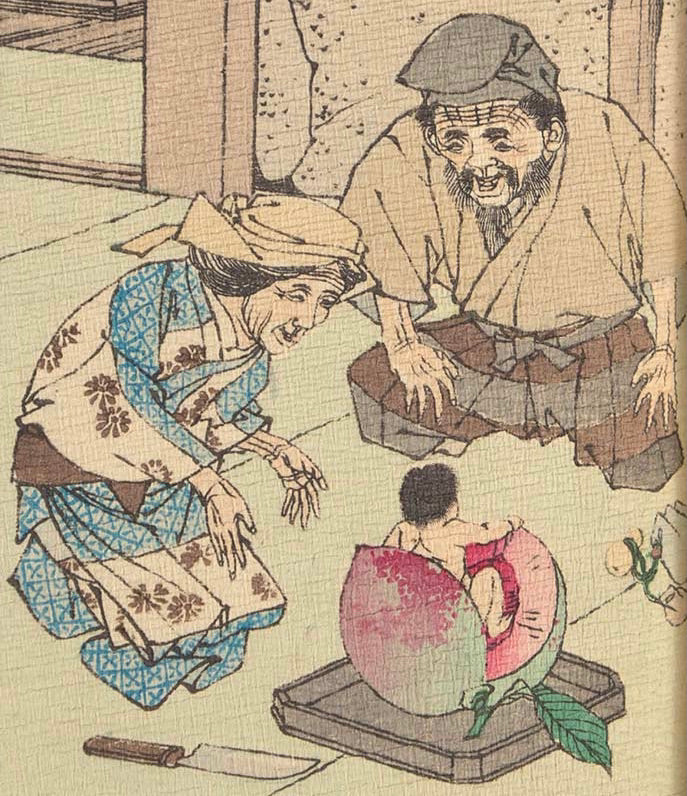
Momotarō / The Boy and the Peach
This tale is supposedly taking place in the city of Okayama, where one can today taste very good peaches, and especially Kibi Dango, (Peach Dumplings), and where we are told there is a mysterious c...
